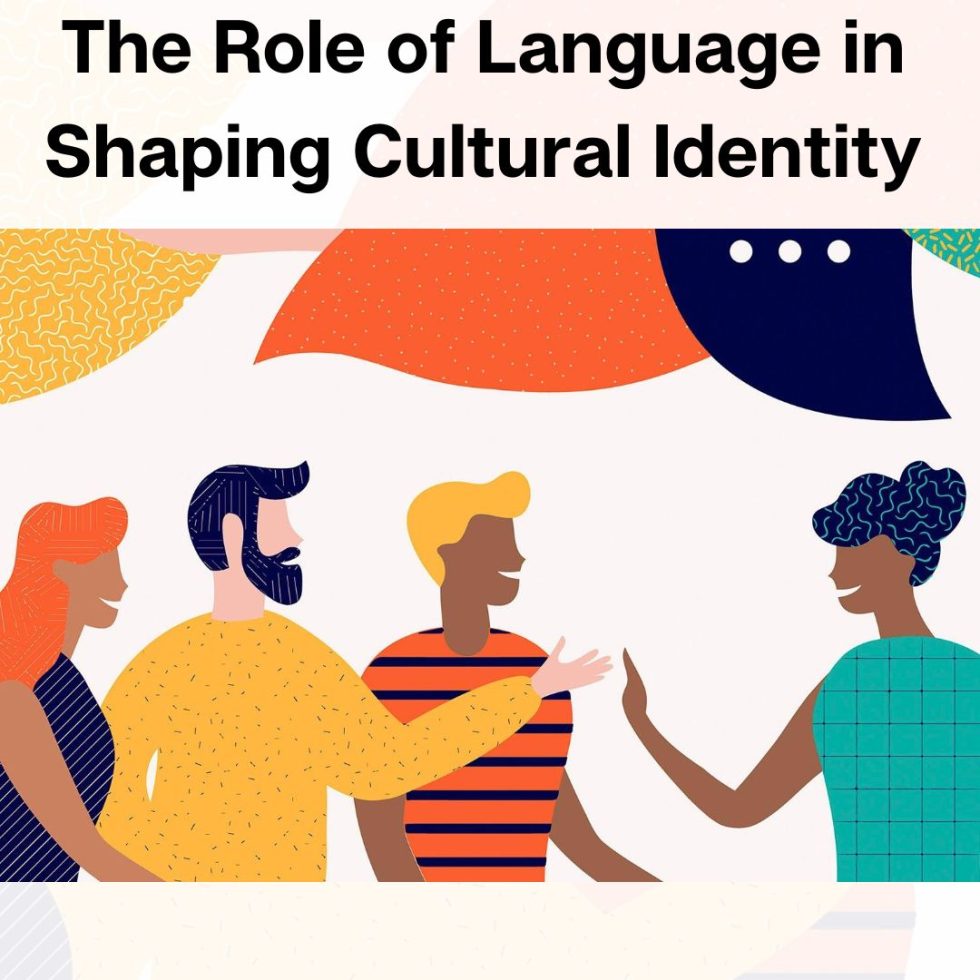
Language is what we use to speak to express our thoughts and emotions. There are many languages spoken all over the world.
On our planet Earth, human beings are the only beings who have the privilege to speak. Earlier, the world was different and people and communities were not well connected with each other. Every community used to have a different lifestyle, different culture, and different languages. As if now, many languages have been extinct. Currently, there are around 6500 languages in the world. Genua is the country with the most languages and dialects.
India is the home of 398 languages, out of which 11 are extinct.
What is Dialect?
It is an integral part of the language. Language has a set of words in standard form. But to speak or to write any specific language in a more casual way could be called a dialect. Dialect would be changed region-wise. For example, Hindi is an official language and it is spoken in most of north and central India, but the dialect in every region is different. In Haryana, it is called Haryanvi, in west UP the dialect is khadi boli, Bundeli and Awadhi is spoken in East UP, and Bagheli is dialect of Hindi spoken in Madhya Pradesh. The dialects of Hindi spoken in Haryana and west up sounds more rude in comparison to other dialects of Hindi. It is because of the accent. Accents play an important role in how a language is going to sound to others.
Connection of English and India
See, Every language is special in its own way and no language is inferior to others. But In India, English became important to learn and it is considered classy. After the US, India has the second-highest number of people who can speak English. Around 10 % of people can speak English in India. English is given more weightage than other languages in our society. Even in our education system, English is taught to students from the start of their schooling. There are few reasons behind this :
- India has been ruled under British colonialism for 200 years. They used to speak English so gradually it became part of the Indian system also.
- English is easier to learn as It is written in Latin script. Latin script has only 27 alphabets and many other languages are written in Latin including French, German, Italian and Dutch. So English is a gateway to learning other languages also.
- English is spoken in 53 countries as it is the first language of more than 400 million people. It is not the most spoken language but it is the most common language. So, travel and communication in foreign countries become easy for a person who knows English.
Regional language
There are more than 398 languages and 1000 dialects in India. Language is connected to one’s identity. And regional language makes it more specific. For example, it will be easier to get to know that a person belongs to Gujarat if he is speaking Gujarati. There are some perks to getting connected with your regional language.
- Connectivity with local people – The regional and local language helps to connect with locals. Communication will be more effective if a person conveys a message in the local language. For example, The person is from Haryana. He is in Mumbai and he finds a person speaking Haryanvi. An automatic connection will be built there. So, this is the power of the local language.
- Cultural Heritage Preservation – A regional language is also a cultural heritage that must be transferred from generation to generation. It is connected to regional identity and experiences. Preservation of the local language is important to preserve the local culture.
- Access to cultural knowledge – The local literature will be in the local language so to get cultural knowledge, regional knowledge is important to learn. There are many stories related to a region, and those are in regional language so to know more about this kind of content, regional language plays a vital role.
Religion and language
Well, every religion and every form of religion has a specific language to perform prayer and the literature of every religion is in a specific language, so it would not be wrong to say that religion has a direct link with language. There are three points to justify this statement.
- Religious literature – The religious books of every religion are in a specific language. The literature of Islam is in Urdu, the sacred books of Sikhism are in Gurmukhi script, and the Hindu literature is in Sanskrit.
- Music and arts – Religious art and music is connected to a specific language. The old Punjabi music shows the religious and cultural value of Sikhism. Hindus’ art and music are usually connected with Sanskrit and the standard form of Hindi. Language is connected with the sentiments of people. Language is the tool that could transfer old art and music from generation to generation.
- Rituals and traditions – every region or country can have a different language means language is divided on the basis of boundaries. This is not true to some extent. For example, A Muslim living in India performs his prayer in the Arabic language. A Hindu performs aarti in Sanskrit living in the US. It shows that religion’s ritual and traditional language has a hold on people despite countries’ boundaries and the first language of people.
Final words
The native language or mother tongue is our identity. India has already lost many regional languages. We must hold our identity proudly. It makes us unique. I am a proud khadi boli speaker and personally, I don’t feel shame in talking in my mother tongue in public places.
We must be responsible enough to lead our culture to the next generation. There are many traditional practices which are in regional languages and we must promote such practices and languages.









